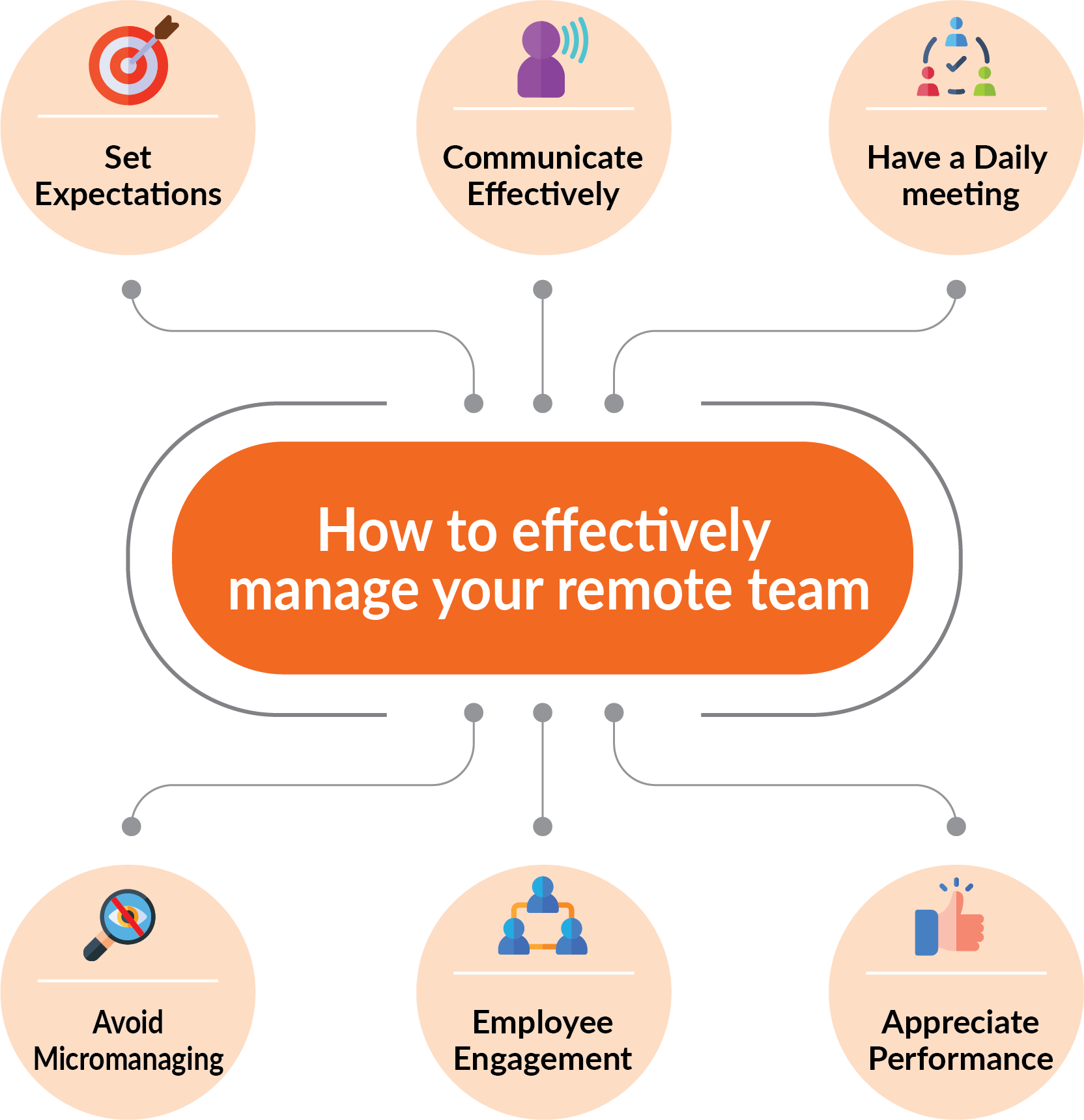
Remote team management
The rise of remote work has revolutionized how we work, offering flexibility and freedom that were once unimaginable. But with this newfound freedom comes a unique set of challenges. Managing a remote team effectively requires a delicate balance of trust, communication, and a healthy dose of understanding.
This article will guide you through the intricacies of managing remote teams, offering practical tips and strategies to foster a productive and engaged workforce.
Building a Strong Foundation: Trust and Communication
Trust is the bedrock of any successful team, and it’s even more crucial when team members are geographically dispersed.

Open and Honest Communication: Establish clear communication channels. Regular team meetings, video calls, and instant messaging platforms are essential. Encourage open and honest communication, both formal and informal.
Fostering a Culture of Collaboration
Collaboration is key to success, regardless of location.
Virtual Team Building Activities: Organize virtual team-building activities to foster camaraderie and strengthen relationships. Consider online games, virtual happy hours, or collaborative projects.
Maintaining Productivity and Motivation

Keeping remote teams motivated and productive can be challenging.
Set Clear Expectations and Goals: Clearly define roles, responsibilities, and performance expectations. Set SMART goals (Specific, Measurable, Achievable, Relevant, and Time-bound) for each team member and track progress regularly.
Addressing Challenges and Providing Support
Remote work presents unique challenges that require proactive solutions.
Combatting Loneliness and Isolation: Encourage social interaction and build a sense of community within the team. Organize virtual social events and encourage team members to connect with each other outside of work.
Building a Strong Remote Team Culture
A strong company culture is essential for employee engagement and retention, even in a remote setting.
Define and Communicate Company Values: Clearly define and communicate company values to all employees. Ensure that these values are reflected in all aspects of the company’s operations.
The Future of Work: Embracing Remote Collaboration
Remote work is here to stay. By embracing the challenges and leveraging the opportunities, organizations can build highly productive and engaged remote teams.
By prioritizing trust, communication, and employee well-being, you can create a thriving remote work environment where individuals can flourish and achieve their full potential.
Conclusion
Managing a remote team effectively requires a shift in mindset and a commitment to building a strong foundation of trust and communication. By implementing the strategies outlined in this article, you can navigate the challenges of remote work and create a high-performing and engaged remote team. Remember to prioritize employee well-being, foster a collaborative culture, and adapt to the ever-evolving landscape of remote work.